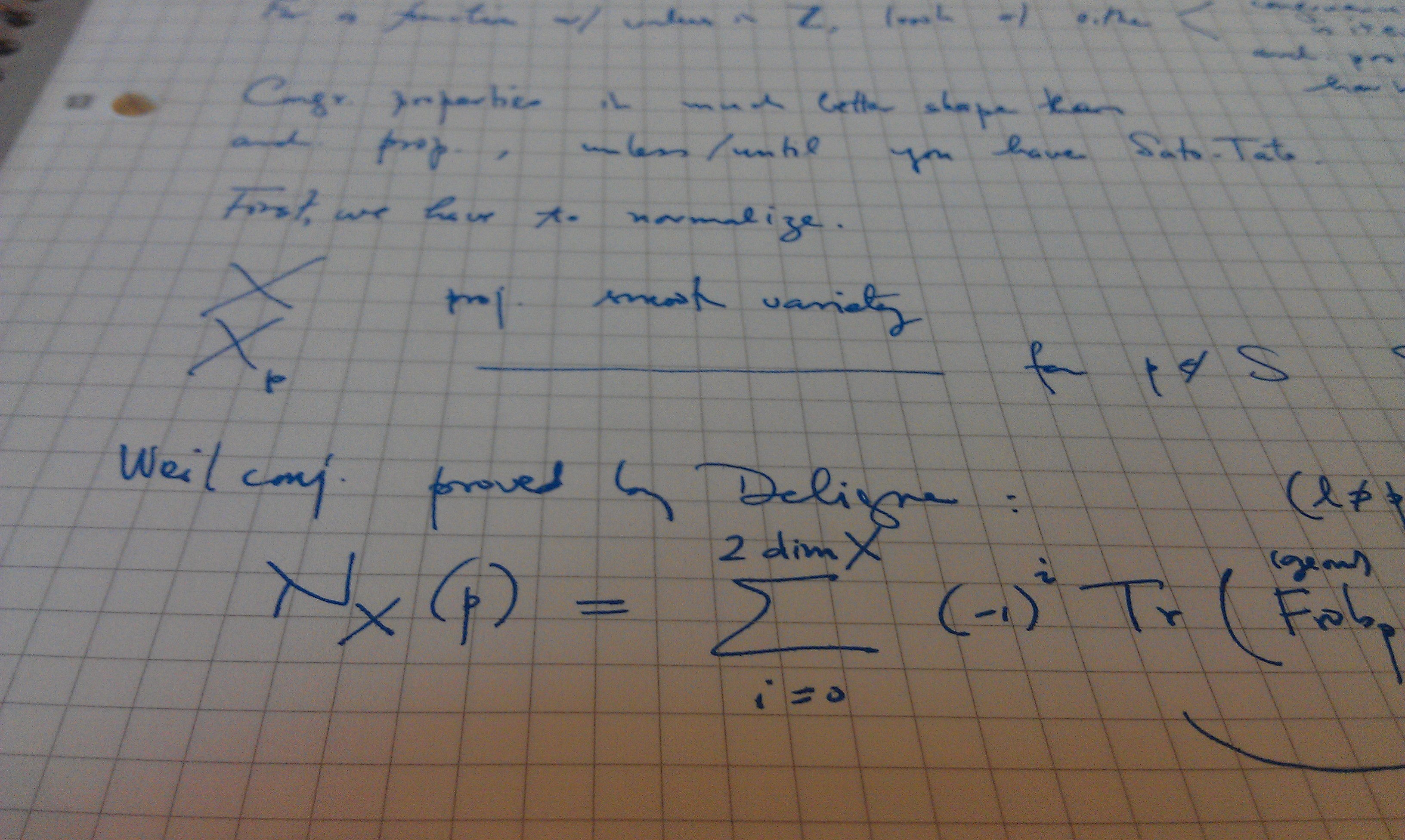Publication Date
2022
Journal or Book Title
arXiv Preprint
Abstract
We pose the problem of transferring a Bose-Einstein Condensate (BEC) from one side of a double-well potential to the other as an optimal control problem for determining the time-dependent form of the potential. We derive a reduced dynamical system using a Galerkin truncation onto a finite set of eigenfunctions and find that including three modes suffices to effectively control the full dynamics, described by the Gross-Pitaevskii model of BEC. The functional form of the control is reduced to finite dimensions by using a Galerkin-type method called the chopped random basis (CRAB) method, which is then optimized by a genetic algorithm called differential evolution (DE). Finally, we discuss the the extent to which the reduction-based optimal control strategy can be refined by means of including more modes in the Galerkin reduction.
DOI
https://doi.org/10.48550/arXiv.2206.01858
License
UMass Amherst Open Access Policy
Creative Commons License

This work is licensed under a Creative Commons Attribution 4.0 License.
Recommended Citation
Adriazola, J.; Goodman, R. H.; and Kevrekidis, Panayotis G., "Efficient Manipulation of Bose-Einstein Condensates in a Double-Well Potential" (2022). arXiv Preprint. 1336.
https://doi.org/10.48550/arXiv.2206.01858
